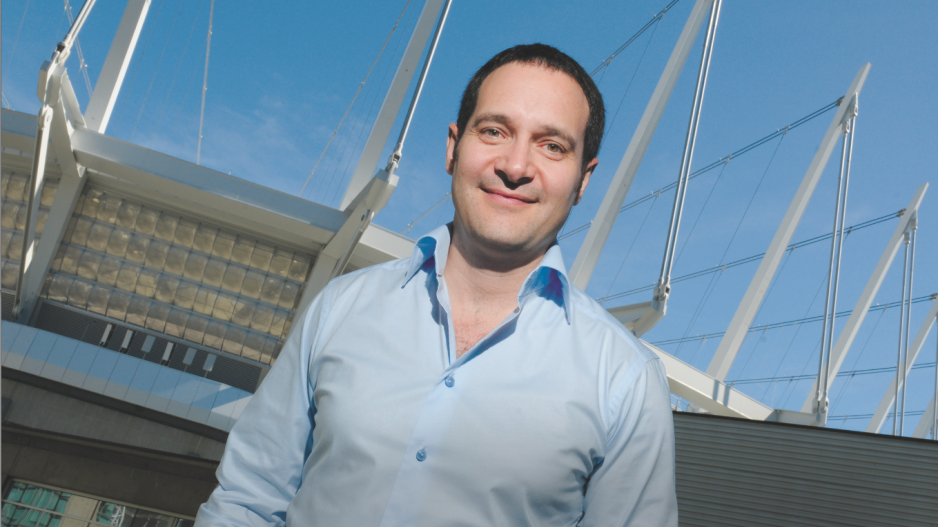Alexander Fernandes never bothered with university or an MBA.
Instead, the founder and CEO of Avigilon Corp. (TSX:AVO) tore through academic textbooks on his own time. Rather than write midterms as a young man, he’d consume biographies of leaders like Bill Gates, Steve Jobs and Alexander the Great.
“You pick 10 great leaders and eight of them all say the same thing,” the 47-year-old said.
“I tried to then emulate the different traits and characteristics that lead to success, and one of the ones I discovered among many is five-year plans.”
Fernandes’ high-definition surveillance video systems company posted revenue of US$5.2 million in 2008 – its first full year of sales. Five years later, the company brought in revenue of US$178.3 million and was valued at $1 billion by Garibaldi Capital Advisors.
“A year to most people feels intuitively like a long time. But a year goes very, very fast,” he said. “On the flip side, most people underestimate what can be achieved in three to five years.”
For instance, the Montreal-born son of an accountant and a homemaker left high school and spent just shy of four years in the military, serving as an artillery gunner stationed in Berlin when the wall came down in 1989.
“Business is kind of like warfare. … It was among the best training I got for being an entrepreneur and CEO,” Fernandes said. “As an entrepreneur, you get stretched to the limit and beyond. You get pushed and pulled, and you get challenged.”
And if business is a battlefield, Avigilon has found itself in a war of attrition the past few years.
Three senior executives left the company in the six months leading up to former CFO Bradley Bardua’s departure in May 2014. During that period, shares dropped from an all-time high of $34 in January 2014 to $20 following Bardua’s exit.
When COO Bryan Schmode resigned in early September, shares fell more than 10% to $12 – a low not seen since 2013. Three vice-presidents left the company around the same time as Schmode, and Avigilon’s stock has dipped further. (Fernandes said at the time in an email to Business in Vancouver the turnover was “quite normal” for a company of its size.)
His goal is to approach the company roster much as if it were a sports team.
“It really gets into applied psychology,” he said. “You have these people, and how do we motivate them? How do we identify weak players? How do we help them get better or move them out? You know, move up or move out, right?”
Being on the move has always been part of Fernandes’ game.
While military buddies went off to the Gulf War in the early 1990s, he settled in Vancouver to train as a technician. His ultimate goal in the military was to specialize in avionics in the air force, but no openings ever came up.
He didn’t want to stick around for a 20-year career in the military, so he took jobs at local startups like Xillix Technologies and Creo – both of which were acquired in the mid-2000s.
But whenever he could, he opted for equity stakes over salary bumps.
Fernandes, who describes himself as “frugal to the extreme,” spent his time “squirrelling” away money and pinching pennies to build up enough wealth to launch his own startup.
“In my mid- to late 20s, I got to a stage where I was extremely wealthy,” he said. “I was married, two kids, house, couple cars, millions in the bank, don’t need to work. And then I realized what made me excited about getting up in the morning and working late at night was the challenge, as clichéd as it sounds.”
He founded QImaging in 1999 on a $2 million investment (he was the lead investor) before selling it three years later for $20 million.
“I’m not necessarily driven by money, as such,” said Fernandes, who had to pause for a few beats when asked if there were any possessions or hobbies he indulged in.
While he splurged on a custom-built Maserati MC two years ago, he walks to Avigilon’s downtown Vancouver office most days.
“What I like is just the intellectual pursuit. I’m very competitive,” he said. “Business is an outlet for that competitiveness. I like winning. I really like winning.”
@reporton



